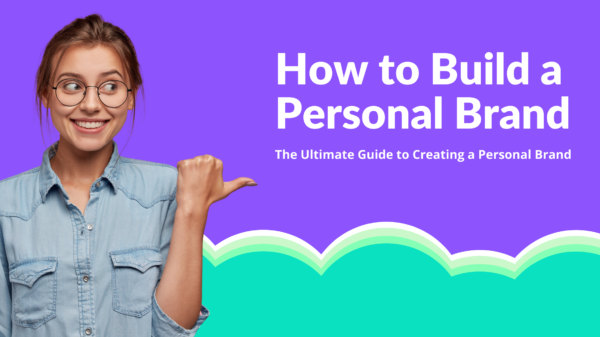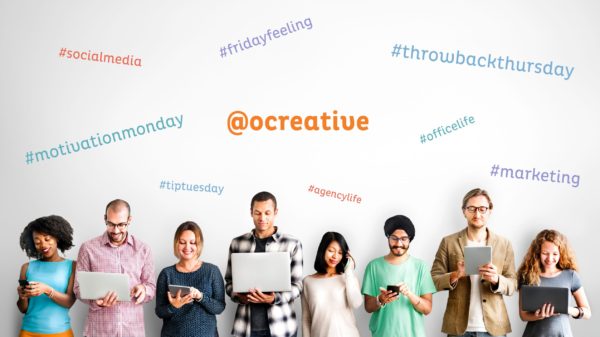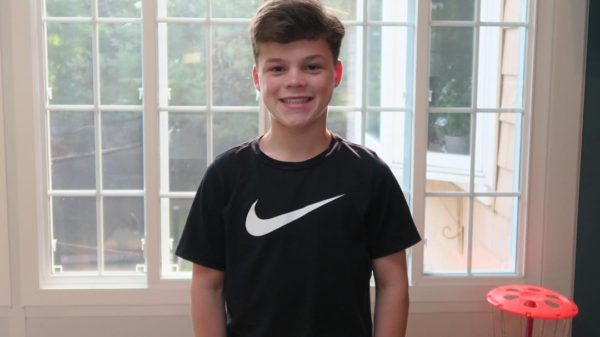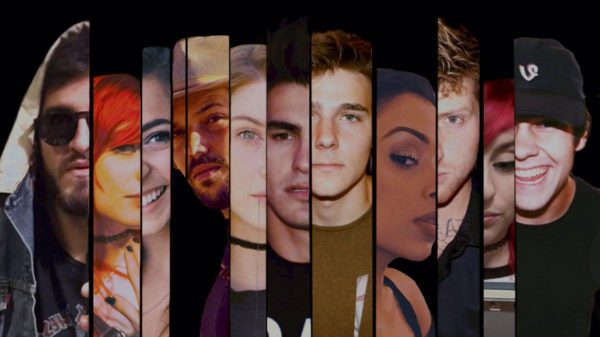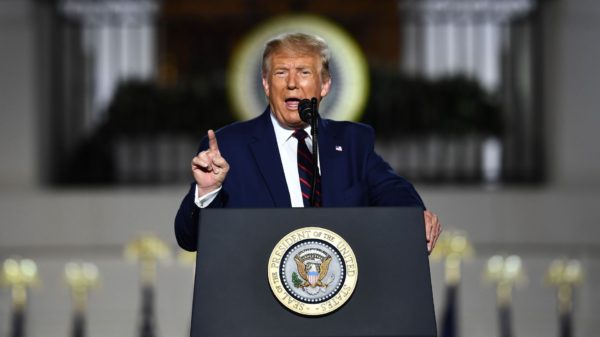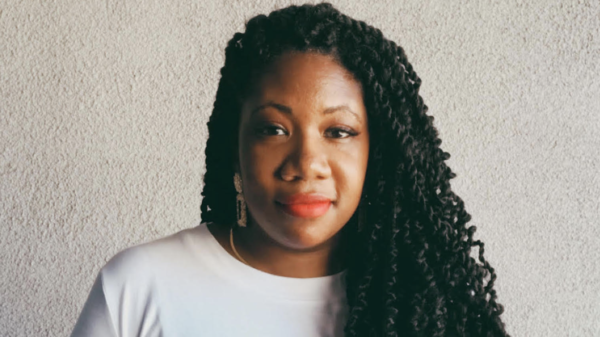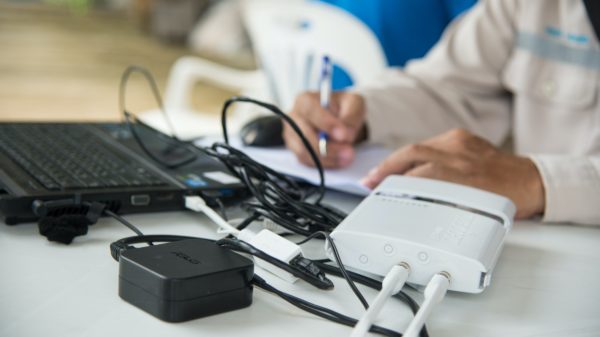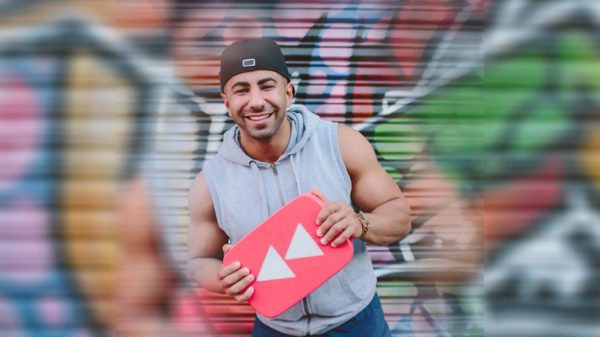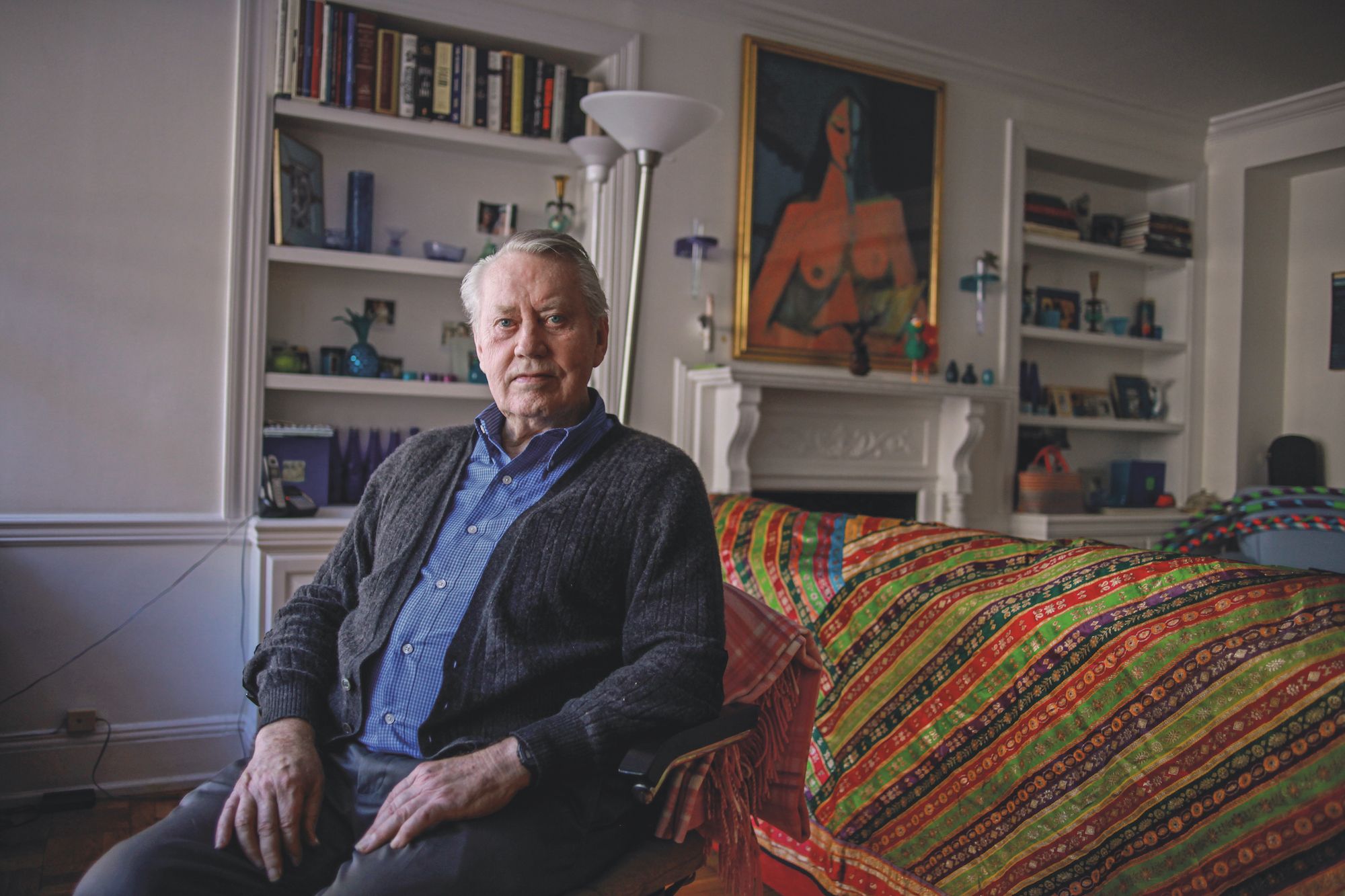Many people want to be filthy rich. It’s an understandable desire for humans to want more money. Today, we’ll talk about Chuck Feeney. He’s a seasoned entrepreneur that’s worked hard to earn his billions. What’s more amazing is he’s working double time to dispose of all his wealth. To date, he’s gotten rid of 99% of his wealth already.
Beginnings
Charles Francis “Chuck” Feeney served in the Air Force during the Korean War. After this, he attended the Cornell School of Hotel Administration. Sometime in 1956 after graduation, he began his billion-dollar journey. He got involved in following the U.S Navy’s Atlantic Fleet, selling tax-free liquor to sailors. As they say, the competition was intense but Feeney was strategic. He used his military experience to talk directly to ships and gather intelligence from local prostitutes.
Later on, he added Cornell alum, Bob Miller in the business. They started selling cars, perfume, and jewelry to servicemen and tourists. Tax lawyer Tony Pilaro and accountant Alan Parker were later added into the fold. This allowed them to handle the business more professionally. In 1964, Duty-Free Shoppers had 200 employees scattered in 27 countries.
The Japanese economic boom helped Feeney grow his business. During the 1964 Tokyo Olympics, the travel restrictions in Japan were lifted. This allowed the Japanese to travel across the globe. Feeney capitalized on this. He hired pretty Japanese ladies to sell cognac, leather bags, and cigarettes on DFS’ shelves. He later employed tour guides to herd tourists to DFS stores, letting them spend money there first before anywhere else.
Feeney doubled down in the investments. He followed the travel behavior of the Japanese and the most likely countries they’d visit next. DFS appeared in Anchorage, San Francisco, and Guam. They even built an airport in Saipan, a small beach spot near Japan. They believed this could be a tourist spot for the Japanese.
Principle of Value and Minimal Waste
In 1967, he was receiving $12,000 in dividend payouts. A decade after that, he was receiving $12 million in payouts. Feeney never wanted to be in the spotlight. He always kept his money out in the open, and his name in covers.
He believed in the principle of less waste and more value. Despite his major contributions to various institutions, he never plastered his name on it. Instead, he leveraged on the egotistical billionaires who would want their names in those donations. As long as they make a hefty contribution.
Feeney loves value and absolutely loathes waste. He owns simple things (in the context of a billionaire that is). He tries to avoid taxes even in his early days to give away more.
Feeny offloads his billions in promising investments. He puts it into universities and research; believing that it would create a highly-skilled workforce. His substantial gifts force governments and other private institutions to match his offer.
Notable Ventures
One of his most notable moves was his $350 million pledge to Cornell. Together with Technion-Israel, they won the bid to construct a $2 billion technology institute in Roosevelt Island. This will attract the best engineers and students to the region. Feeney believes that top tech firms will follow suit, effectively improving the revenue for the region and creating thousands of jobs.
He offloaded the Castletroy Park Hotel in a bid to obtain more cash for his foundation to invest. The hotel was the first modern hotel post-world war II of its size. His final initiative was the $600 million investment in creating a more inclusive society for all. $177 million of this was invested in Trinity College Dublin, Global Brain Health Institute, and University of California- San Francisco for equity in brain health.
Atlantic Philanthropies will close its doors in 2020 having given away $7.5 billion to areas of aging, youth, education, health, and human rights.
Ultimate Learning
That’s a lesson he wants to teach the new class of philanthropists: Don’t wait to give your money away when you’re old or, even worse, dead. Instead, make substantial donations while you still have the energy, connections, and influence to make waves. “People who have money have an obligation,” says Feeney. “I wouldn’t say I’m entitled to tell them what to do with it but to use it wisely.
Feeney believes that people should give their money away while they’re alive and full of energy. He wants to teach philanthropists to make substantial donations while they have the connections and influence to make big waves.
From his simple lifestyle and philanthropic nature, we could learn a thing or two from Feeney. It’s not always money that matters. If you have the resources, always extend your help to areas that need attention.
If you love stories of making an impact through charitable donations, read up on how businesses have stepped up in the COVID-19 pandemic here
Opinions expressed by AsianBlurb contributors are their own.

The editorial team for AsianBlurb.



